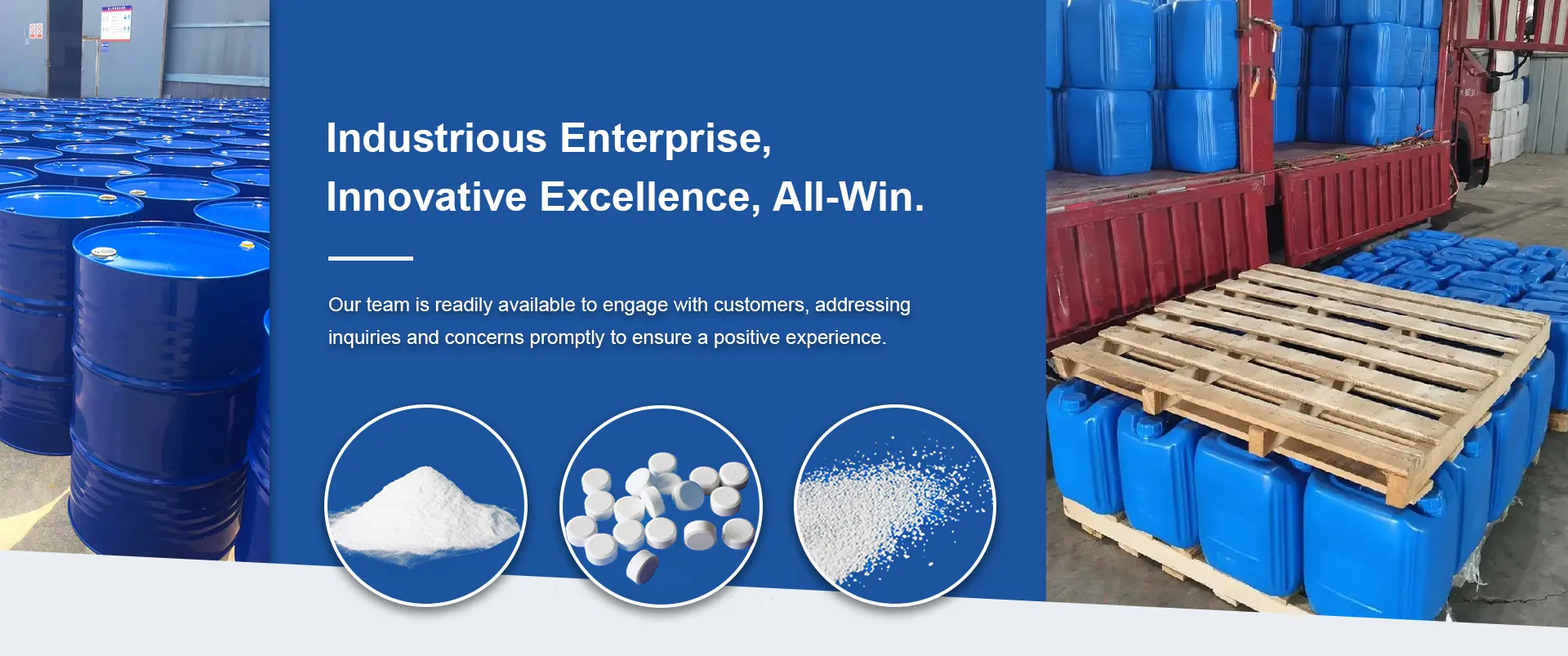
Exploring the Role of Flavor Enhancers in Food and Their Impact on Culinary Experience
The Role of Taste Enhancers in Food
Food is not just a necessity for survival; it is a source of pleasure and cultural identity. One of the key elements that influence our enjoyment of food is taste. While the fundamental tastes—sweet, salty, sour, bitter, and umami—form the basis of our flavor experiences, the addition of taste enhancers can significantly elevate our culinary enjoyment. This article explores various types of taste enhancers, their impact on our food, and the ongoing discussions surrounding their use.
What are Taste Enhancers?
Taste enhancers are substances that amplify the flavors of food, making dishes more palatable and enjoyable. They can be natural or artificial, and their primary function is to enhance the basic tastes. Common examples of natural taste enhancers include salt, sugar, herbs, and spices. On the other hand, artificial taste enhancers, such as monosodium glutamate (MSG), have sparked considerable debate regarding their safety and impact on health.
Types of Taste Enhancers
1. Natural Taste Enhancers - Salt Perhaps the most common taste enhancer, salt not only brings out the flavors in savory dishes but can also enhance sweetness in desserts. It alters our perception of taste by reducing bitterness and increasing the overall flavor complexity. - Sugar Frequently used in both sweet and savory dishes, sugar balances acidity and bitterness, contributing to a more rounded flavor profile. Its caramelization during cooking also adds depth and richness. - Herbs and Spices Fresh herbs like basil, cilantro, and mint, along with spices such as cumin and paprika, can transform ordinary dishes into flavorful masterpieces. They not only enhance taste but also add aroma, which is crucial for an overall sensory experience.
taste enhancer in food

2. Artificial Taste Enhancers - Monosodium Glutamate (MSG) Perhaps the most well-known artificial flavor enhancer, MSG is often used in Asian cuisine and processed foods. It simulates the umami taste, which is associated with savory and meaty flavors. While many people enjoy the enhancement it provides, others report sensitivity to MSG, leading to criticism and calls for regulation. - Other Flavor Compounds A variety of synthetic flavor enhancers and additives are used in the food industry to create enhanced flavors. Some of these compounds mimic natural flavors, while others are designed to create new taste experiences.
The Impact on Food Experience
The use of taste enhancers plays a crucial role in modern cooking and food preparation. They allow chefs and food manufacturers to create consistent flavor profiles, making food more appealing to consumers. In a world where convenience and rapid preparation are prioritized, taste enhancers can also help improve the overall enjoyment of pre-packaged meals.
However, the reliance on artificial taste enhancers has led to concerns regarding health. Some studies suggest that excessive consumption of added flavors could lead to increased cravings for processed foods, potentially contributing to unhealthy dietary patterns. This has prompted a growing interest in clean eating and a return to natural flavoring methods.
Conclusion
Taste enhancers, whether natural or artificial, undeniably change the way we experience food. They elevate flavors, making meals more enjoyable and satisfying. As consumers become increasingly aware of health impacts, the food industry must navigate the balance between flavor enhancement and nutrition. The future of culinary arts may see a shift towards natural enhancers, embracing the rich flavors that can be achieved without relying on artificial means. Ultimately, the goal remains the same to deliver a delightful eating experience that nourishes both body and soul.
-
nitrile-rubber-honoring-strict-production-standardsNewsAug.22,2025
-
aspartame-ingredients-honoring-food-safety-valuesNewsAug.22,2025
-
fertilizer-for-balanced-plant-nutritionNewsAug.22,2025
-
cyanide-gold-processing-with-high-purity-additivesNewsAug.22,2025
-
formic-acid-in-textile-dyeing-applicationsNewsAug.22,2025
-
aluminum-hydroxide-gel-in-skincare-productsNewsAug.22,2025
-
Regulatory Compliance for Global Mining Chemicals UseNewsAug.12,2025
Hebei Tenger Chemical Technology Co., Ltd. focuses on the chemical industry and is committed to the export service of chemical raw materials.
-

view more DiethanolisopropanolamineIn the ever-growing field of chemical solutions, diethanolisopropanolamine (DEIPA) stands out as a versatile and important compound. Due to its unique chemical structure and properties, DEIPA is of interest to various industries including construction, personal care, and agriculture. -

view more TriisopropanolamineTriisopropanolamine (TIPA) alkanol amine substance, is a kind of alcohol amine compound with amino and alcohol hydroxyl, and because of its molecules contains both amino and hydroxyl. -

view more Tetramethyl Thiuram DisulfideTetramethyl thiuram disulfide, also known as TMTD, is a white to light-yellow powder with a distinct sulfur-like odor. It is soluble in organic solvents such as benzene, acetone, and ethyl acetate, making it highly versatile for use in different formulations. TMTD is known for its excellent vulcanization acceleration properties, which makes it a key ingredient in the production of rubber products. Additionally, it acts as an effective fungicide and bactericide, making it valuable in agricultural applications. Its high purity and stability ensure consistent performance, making it a preferred choice for manufacturers across various industries.





